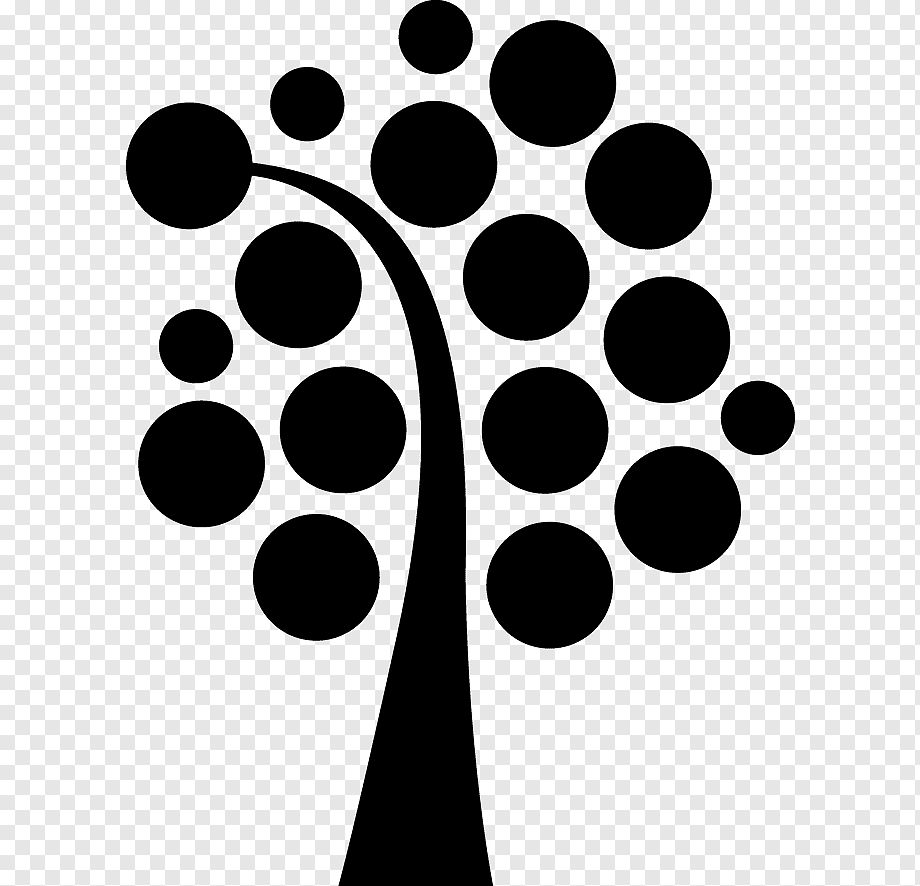According to some literary and anthropological theorists, the plurality of masculinities in Morocco cannot be adequately expressed by the concept of homosexuality. Nevertheless, as a result of colonialism, the hetero-/homosexual dichotomy has become part of the collective Moroccan consciousness, despite the fact that it remains in conflict with more traditional ways of thinking. The friction created by such opposing epistemologies is rendered even more complex as authors of Morrocan origin living in Paris endeavour to write of their marginalised sexualities, due in part to the lingering preference of the French literary market for exoticism, which brings with it a host of other identity-related expectations and challenges.
Two authors with similar origins and trajectories, both born and raised in Morocco and from roughly the same generation, Rachid O. (Abdellah Oubaïd) and Abdellah Taïa both immigrated to Paris as young adults, where they became published writers known primarily for the transcultural homoerotic themes and identity-related issues their works contain. Dealing in large part with stories of young Moroccan men coming to terms with their marginalised sexuality, many of their works are considered to be autobiographical in nature. Upon closer examination, it is interesting to note that both authors rarely use the words ‘homosexual’ or ‘homosexuality’ until much later in their respective careers.
Consequently, the current study seeks to compare how such ‘homosexuality’ is constructed in their works, by contrasting three works published by each author, two published toward the beginning of their literary career, and one a number of years later. In doing so, particular attention was paid to the relationships the protagonists of each author have not only with the words used to describe their sexuality, but also with the other characters and places around them. The theoretical framework for such analysis was provided by concepts such as hegemonic masculinity, cultural hybridity and identity allocation. A number of conclusions were drawn, the most striking of which is perhaps that, particularly in the works of Taïa, homosexuality as an identity is viewed more as an unwanted layer of skin imposed by society than as a source of liberation.
وفقًا لبعض المنظرين الأدبيين والأنثروبولوجيين ، لا يمكن التعبير عن تعددية الذكورية في المغرب بشكل كافٍ من خلال مفهوم المثلية الجنسية. ومع ذلك ، ونتيجة للاستعمار ، أصبح الانقسام بين المغايرين والمثليين جزءًا من الوعي الجماعي المغربي ، على الرغم من حقيقة أنه لا يزال يتعارض مع طرق التفكير الأكثر تقليدية. أصبح الاحتكاك الناتج عن نظريات المعرفة المتعارضة أكثر تعقيدًا حيث يسعى المؤلفون من أصل مغربي الذين يعيشون في باريس إلى الكتابة عن حياتهم الجنسية المهمشة ، ويرجع ذلك جزئيًا إلى تفضيل السوق الأدبي الفرنسي للغرائبية ، والذي يجلب معه مجموعة من التوقعات والتحديات الأخرى المتعلقة بالهوية.
هاجر مؤلفان لهما أصول ومسارات متشابهة ، وكلاهما وُلدا ونشأ في المغرب ومن نفس الجيل تقريبًا ، رشيد و. (عبد الله عبيد) وعبد الله طايع كلاهما إلى باريس في سن الشباب ، حيث أصبحا كاتبين منشورين معروفين في المقام الأول بمواضيع المثليين المتعددين الثقافات والقضايا المتعلقة بالهوية التي تحتويها أعمالهم. من خلال التعامل بشكل كبير مع قصص الشباب المغربي الذين يتصالحون مع حياتهم الجنسية المهمشة ، فإن العديد من أعمالهم تعتبر سير ذاتية في طبيعتها. عند الفحص الدقيق ، من المثير للاهتمام ملاحظة أن كلا المؤلفين نادرًا ما يستخدمان عبارة “مثلي الجنس” أو “الشذوذ الجنسي” حتى وقت لاحق في حياتهم المهنية.
وبالتالي ، تسعى الدراسة الحالية إلى مقارنة كيفية بناء مثل هذه “المثلية الجنسية” في أعمالهم ، من خلال مقارنة ثلاثة أعمال نشرها كل مؤلف ، واثنان منشوران في بداية مسيرتهما الأدبية ، والآخر بعد عدة سنوات. عند القيام بذلك ، تم إيلاء اهتمام خاص للعلاقات بين أبطال كل مؤلف ليس فقط بالكلمات المستخدمة لوصف حياتهم الجنسية ، ولكن أيضًا مع الشخصيات والأماكن الأخرى من حولهم. تم توفير الإطار النظري لمثل هذا التحليل من خلال مفاهيم مثل الذكورة المهيمنة والتهجين الثقافي وتخصيص الهوية. تم التوصل إلى عدد من الاستنتاجات ، ولعل أبرزها أنه ، لا سيما في أعمال الطايع ، يُنظر إلى المثلية الجنسية باعتبارها هوية على أنها طبقة غير مرغوب فيها من الجلد يفرضها المجتمع أكثر من كونها مصدرًا للتحرر.




